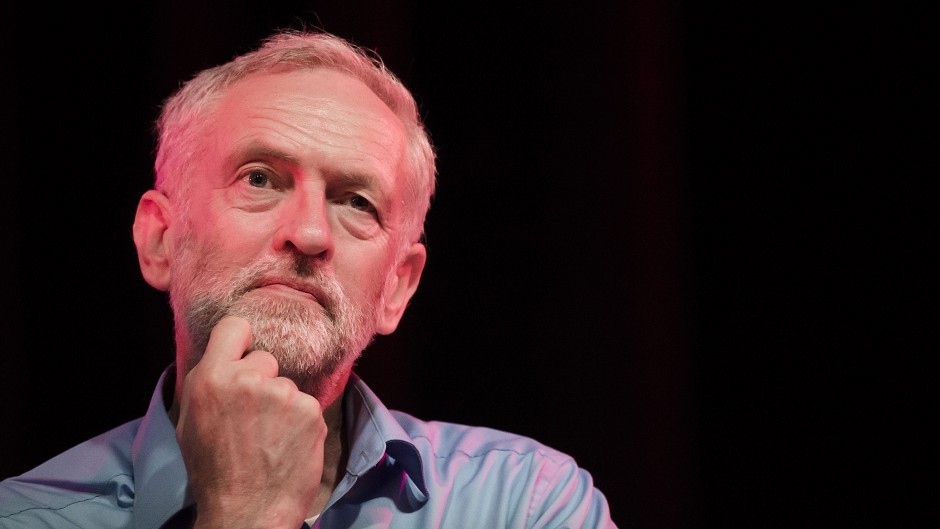The Labour party in Scotland will forge a “clear and distinct” identity in the wake of Jeremy Corbyn’s election as leader, a north-east MSP has said.
Lewis Macdonald insisted the process of distinguishing the party north of the border would have happened regardless of the winner.
But he claimed it would “particularly” be the case in the context of the left-winger Mr Corbyn’s “remarkable” victory.
Mr Corbyn was declared Ed Miliband’s successor on Saturday after a surge of support from activists, securing him a massive 59.5% of vote, topping the ballot among party members as well as trade unionists and new supporters.
It prompted the immediate resignations of a string of senior figures and others followed suit yesterday, including former shadow energy secretary Caroline Flint. She has been replaced by Wigan MP Lisa Nandy.
Reacting to his election, Mr Macdonald – who revealed he did not vote for Mr Corbyn – added: “It changes the landscape in quite a significant way.
“The Scottish Labour party will inevitably develop a very clear and distinct identity, which was going to happen whoever won.
“That will happen in this context particularly.”
But the Labour MSP also hailed the “great opportunity” the result presented to reach out to a new set of people and engage with them and capture their enthusiasm.
He added: “Mr Corbyn’s first steps have been to promote a more collegiate style of leadership than perhaps he was given credit for in advance.”
The SNP’s Callum McCaig said he was not surprised at the London MP’s triumph, adding that the “fall out” within the party had already begun and was “gathering pace”.
“There have been a few sad faces around the parliamentary Labour party as far as I can tell,” added the Aberdeen South MP.
“In terms of where we go with this, there are a number of issues on which we agree with Jeremy Corbyn, such as not renewing Trident.
“When there is common ground we will work with the Labour party, and where there is not we will speak with our own voice and stand up for Scotland.”
Mr Corbyn got to work appointing his front bench team yesterday, insisting he had created a “unifying” and “inclusive” shadow Cabinet.
He batted off criticism he had failed to promote women to any of the senior portfolios, pointing out the majority of posts had been filled by females.
